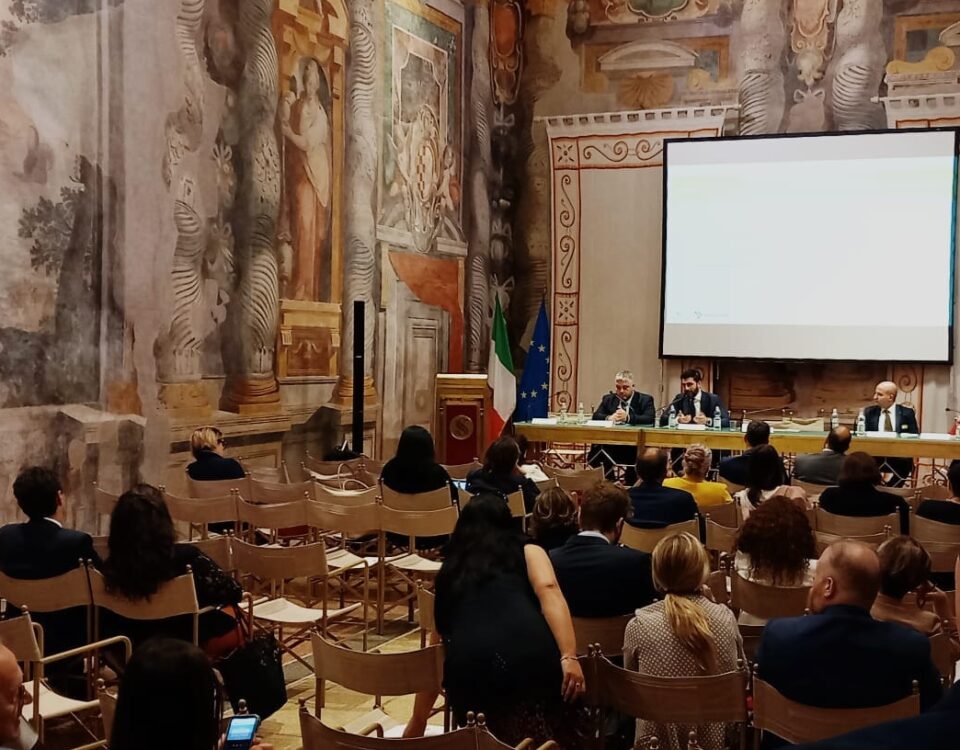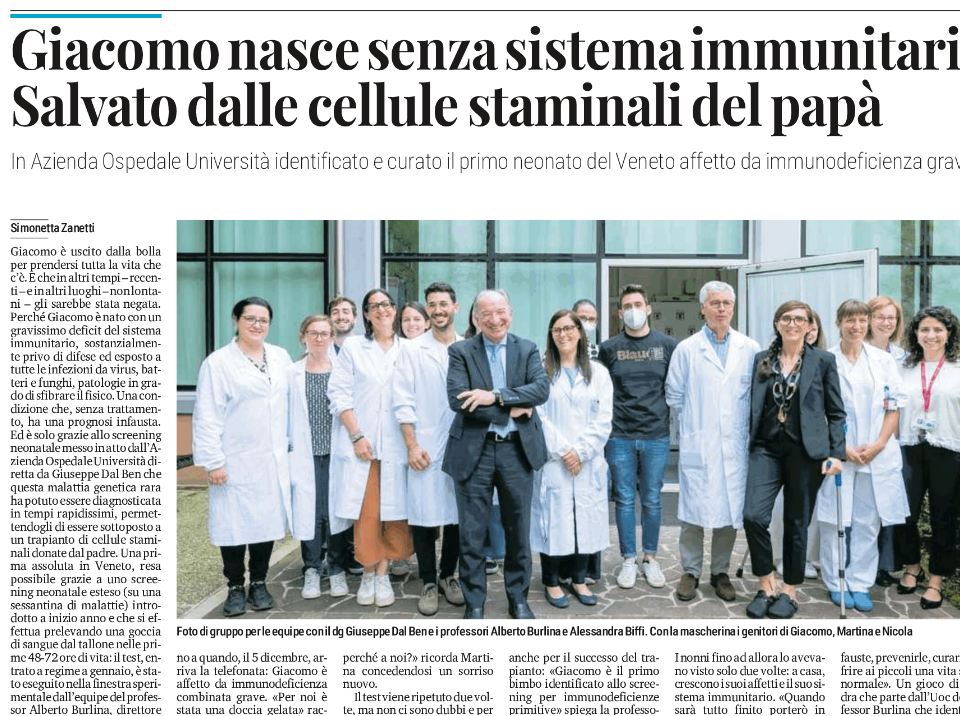Malattie rare, la prevenzione abita qua Lo screening neonatale è partito da Belluno
22 Gennaio 2005Italiasalute.it
26 Gennaio 2005Genzyme battles an old adversary
“Patent suit aims to halt TKT’s work on rival treatment
By Jeffrey Krasner, Globe Staff | January 25, 2005
Fifteen months ago, Genzyme Corp. and Transkaryotic Therapies Inc. of Cambridge decided to kiss and make up. It didn’t last.
Yesterday, a new squabble over disputed intellectual property surfaced between the former adversaries.
Genzyme sued TKT in an Israeli court, claiming that the firm’s method of purifying a treatment for Gaucher’s disease infringed on Genzyme’s proprietary technology. TKT claimed Genzyme wanted court permission to seize and destroy TKT’s experimental treatment, which is being used in a clinical trial in Israel.
Michael Astrue, TKT’s chief executive, didn’t mince his words. ”They’re trying to shut down the clinical trial,” said Astrue. ”We think they’re taking fairly common methods of purification and claiming they’re unique, and we don’t think that’s right.”
Genzyme officials said the process in dispute is essential to Genzyme’s ability to produce its Gaucher treatment, Cerezyme, in commercial quantities and treat thousands of patients around the world.
”We want TKT to refrain from using the data, or continuing to do the clinical development work, with a product that uses our processes,” said David Meeker, president of Genzyme’s Lysosomal Storage Disease business, which focuses on rare genetic diseases such as Gaucher’s. Meeker said because the court process could take a long time, the patients enrolled in TKT’s trial will still be able to get their treatment and won’t be endangered.
At the center of the tiff is Genzyme’s Cerezyme. In 2004, the company sold $839 million of Cerezyme, accounting for 37 percent of Genzyme’s total revenue. TKT is challenging Cerezyme with an investigational drug, and has recruited 12 patients to its trial in Israel.
Gaucher’s disease is a rare, genetic condition in which patients are unable to break down certain kinds of fats. The fats build up in the body, leading to a broad array of symptoms including enlarged organs and weakened bones.
”This is their franchise product, and we fully expected they would try to protect it,” said Astrue.
In their agreement in October 2003, the two companies ended disputes over two key drugs, and agreed to become partners in developing another of TKT’s drug candidates. At the time, Astrue promised to put ”a lot less money into litigation and a lot more into the pipeline.”
The two companies remain partners in the development of TKT’s I2S, an experimental treatment for Hunter’s disease, another rare genetic disease in which patients are unable to process certain carbohydrates, leading to disfiguring and fatal complications. Meeker said the dispute in the Israeli court wouldn’t hurt the two firms’ ability to work together. ”We are fully expecting to be able to continue our collaboration,” he said.
The case, filed last week, has elicited some aggressive posturing on the part of TKT. Genzyme had asked the Israeli judge to immediately bar TKT from using the data it acquires from the trial using the treatment made with the disputed process. The judge declined, saying he would only rule after hearing TKT’s side of the argument.
”We’re winning and we haven’t even shown up in court yet,” Astrue said.
“




